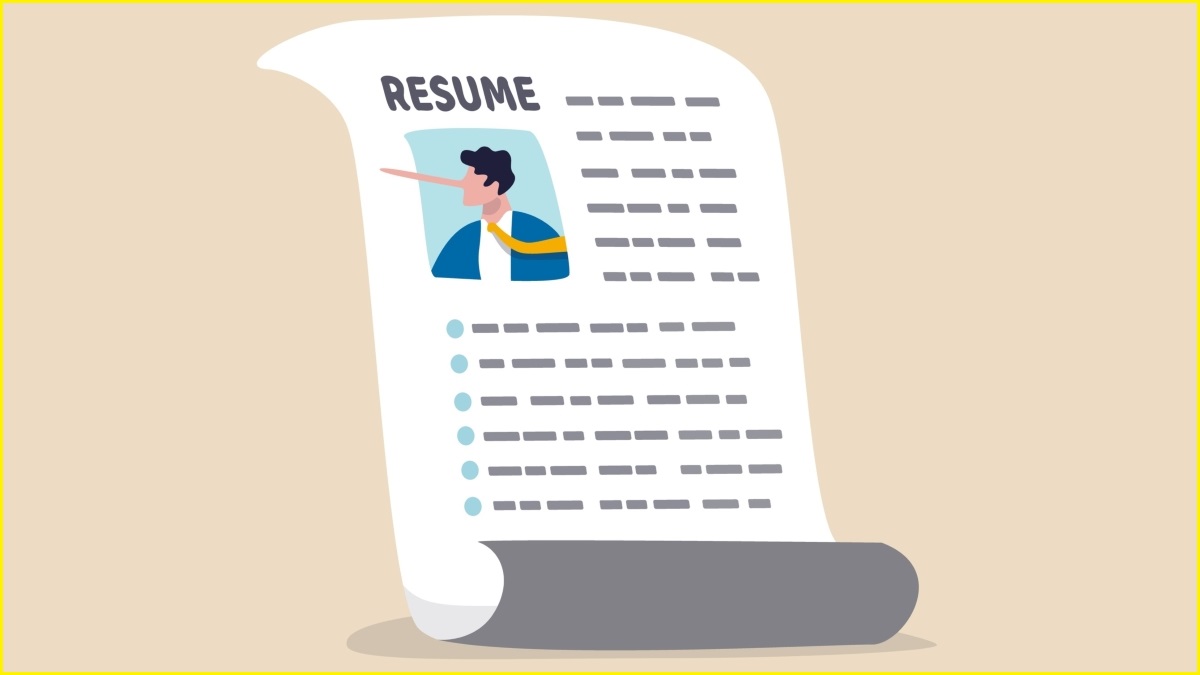Almost half of Australians have lied on a job application, with exaggerations and fake references particularly common in the technology sector, according to a recent survey.
Responses from over 1,000 Australians to StandOut Resume showed 42.5 per cent admitted to lying on a job application or in an interview at least once, with 20 per cent having lied multiple times.
Lies in job applications included the embellishment of skills and experience, fake university degrees, and obscuring why applicants left a previous role.
Nicole Gorton, the Australian director of recruitment agency Robert Half, said she regularly encountered lies in job applications, particularly in the tech industry.
“The competitive landscape of the tech world can sometimes lead to candidates feeling pressure to exaggerate certain aspects of their experience in their job applications, and unfortunately, we’ve seen several instances of this recently,” Gorton told Information Age.
“Perhaps the most prevalent issue is the overstatement of technical skills.
“Candidates often list technologies on their resume with minimal or no practical experience which becomes evident during interviews when hiring managers probe their knowledge.”
Common lies told by tech applicants included the reframing of employment history such as the lengths of contracts, the altering of job titles to better suit the target role, and fake references — something which was a “serious issue that undermines the hiring process”, Gorton said.
“Self-assessments, like rating oneself as an ‘expert’ or assigning a ’10 out of 10’ skill level, are particularly problematic as they are difficult to verify,” she said.
“While not always outright lies, they represent an overestimation that can be misleading.”
According to data from late last year, the number of applications for Australian tech jobs have nearly doubled in two years, with the number of roles being advertised falling to below pre-COVID levels.

Twenty per cent of Australians surveyed said they have lied about their work experience multiple times. Image: Shutterstock
Liars found to earn more
According to the survey, just over 20 per cent of respondents said they had lied about the reason they had left their previous role, 20 per cent had lied about their work experience, and 14 per cent had lied about their skills or qualifications.
Of those who lied in the hiring process, three-quarters were not caught, and those who lied earned an average of $15,000 more per year than those who told the truth, according to the report.
Of those who were caught out, three in five said no action was taken against them.
But Gorton said job applicants should be very careful, and that “honesty is certainly the best policy”.
“Accurate self-representation leads to more suitable placements and starts workers off on a trustworthy foot,” Gorton said.
“For hiring managers, it’s crucial to ask probing questions during the interview process and not take what’s written on a resume as gospel.”
Who is most likely to lie?
The research found Australians living in Canberra were most likely to admit they had lied, with more than half of respondents doing so, while Victorians were most likely to have lied on more than one occasion.
Women were more likely to have lied about why they had left their previous role, while men most commonly lied about their previous work experience.
Younger workers were more likely to lie about their previous work experience than their older peers, who tended to lie about why they left their last job.
While just over 40 per cent of Australian respondents admitted to lying in this research, a separate report in the United States found that 64.2 per cent of respondents there admitted to lying on their resume.
Job seekers have also been found to be using generative artificial intelligence tools to cheat on job applications, with a survey finding nearly 73 per cent of Aussies had used the technology as part of a job hunt.










